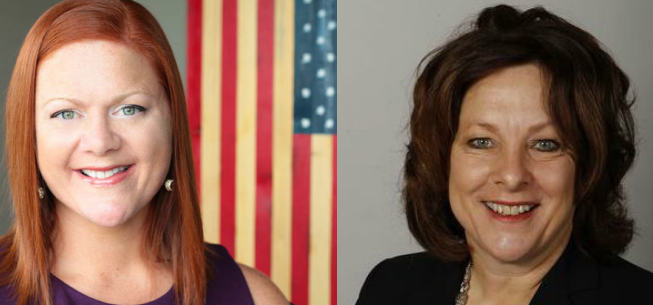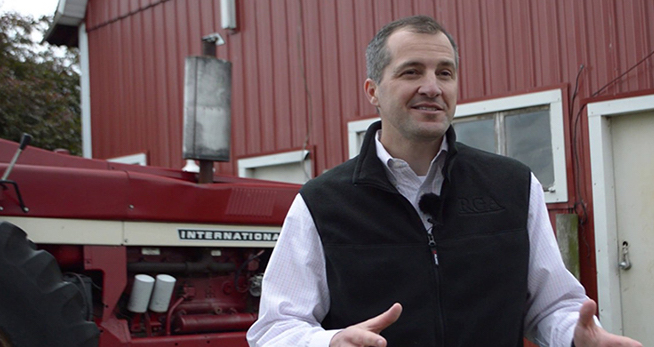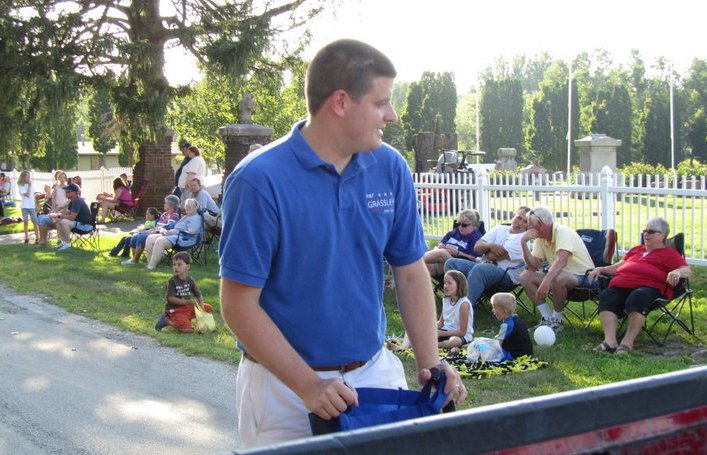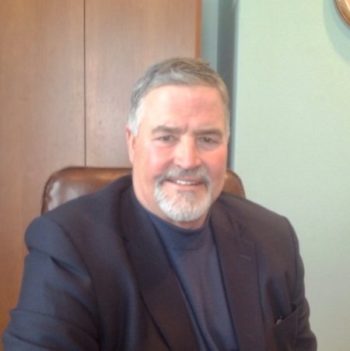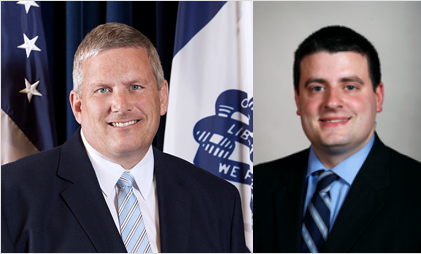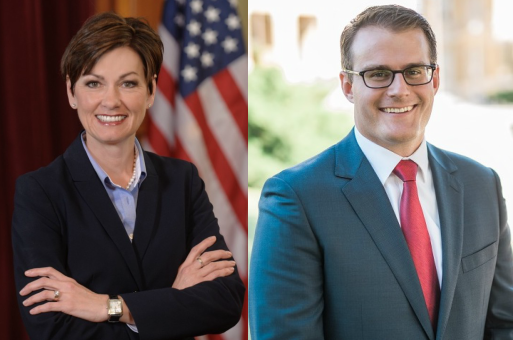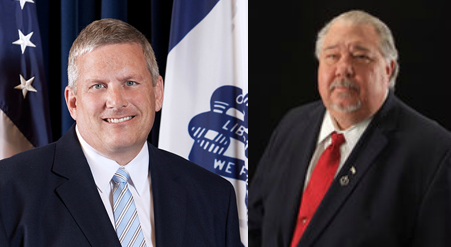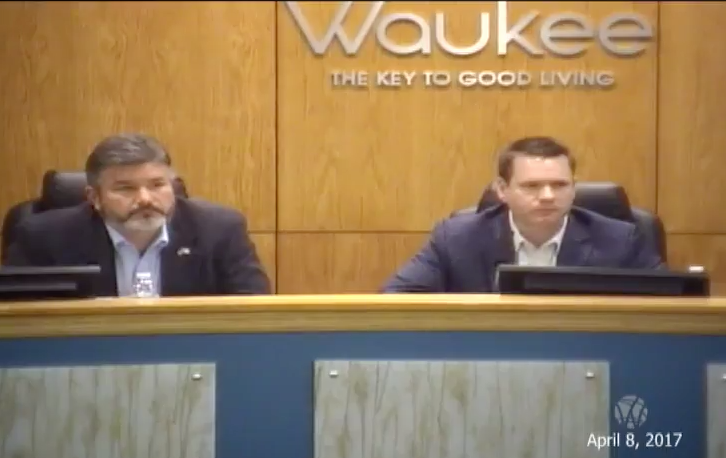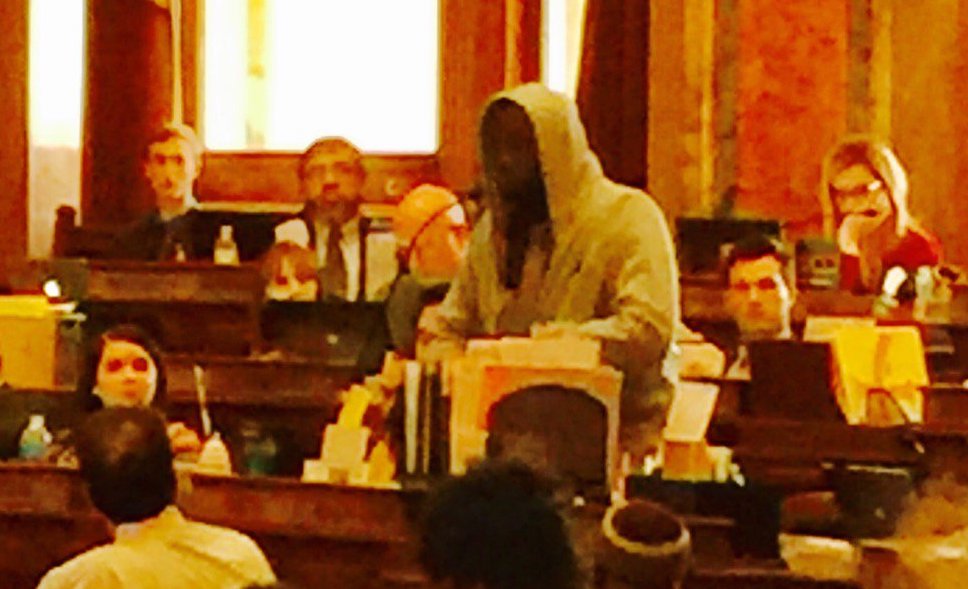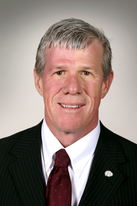The Iowa House and Senate adjourned for the year around 7:15 am on Saturday, after staying up all night while Republican leaders tried to hammer out last-minute deals on medical cannabis and water quality funding.
The medical cannabis compromise passed with bipartisan majorities in both chambers, but I’m not convinced the revised House File 524 will be an improvement on letting the current extremely limited law expire on July 1. The bill senators approved last Monday by 45 votes to five would have provided some relief to thousands of Iowans suffering from nearly 20 medical conditions. House Republican leaders refused to take it up for reasons Speaker Linda Upmeyer and House Majority Leader Chris Hagenow never articulated.
The new bill thrown together during the all-nighter theoretically covers nine conditions, but as Senator Joe Bolkcom explained in a video I’ve enclosed below, the only form of cannabis allowed (cannabidiol) will not be effective to treat eight of those. Although few if any Iowans will be helped, Republicans can now claim to have done something on the issue and will consequently face less pressure to pass a meaningful medical cannabis bill during the 2018 legislative session.
Republicans shut down the 30-year-old Leopold Center for Sustainable Agriculture, which supported research on farming practices that could preserve our soil and water resources. But on Friday night, they gave up on doing anything serious to clean up our waterways, 750 of which are impaired, according to the latest data released by the Department of Natural Resources. CORRECTION: More recent DNR data indicate Iowa “contains 608 waterbodies with a total of 818 impairments.” (Some waterways have more than one impaired segment.) On the opening day of this year’s session, Hagenow promised “significant new resources to water quality efforts.” Why not come back next week and keep working until they find some way forward?
I’ll tell you why: lawmakers’ per diems ran out on April 18. Heaven forbid Republicans should work a few more days with no pay to address our state’s most serious pollution problem. Incidentally, this crowd just passed an education budget that will force thousands of students to go deeper in debt. They voted earlier this year to cut wages for tens of thousands of Iowans living paycheck to paycheck in counties that had raised the minimum wage. These “public servants” also handed more than 150,000 public workers an effective pay cut by taking away their ability to collectively bargain over benefits packages. As if that weren’t enough, they made sure many Iowans who get hurt on the job will be denied access to the workers’ compensation system or will get a small fraction of the benefits they would previously have received for debilitating shoulder injuries.
Lives will be ruined by some of the laws Republicans are touting as historic accomplishments.
Even worse, lives will likely end prematurely because of cuts in the health and human services budget to a wide range of programs, from elder abuse to chronic conditions to smoking cessation to Department of Human Services field operations. I enclose below a Democratic staff analysis of its provisions. During House and Senate floor debates, Republican floor managers offered lame excuses about the tight budget, which doesn’t allow us to allocate as much money as we’d like to this or that line item. Naturally, they found an extra $3 million for a new family planning program that will exclude Planned Parenthood as a provider.
Different Republican lawmakers used the same excuses to justify big cuts to victims assistance grants in the justice systems budget. That choice will leave thousands of Iowans–mostly women–without support next year after going through horrific assaults or ongoing abuse.
Despite some big talk from House Appropriations Committee Chair Pat Grassley, Republicans didn’t even try to rein in business tax credits, which have been the state’s fastest-growing expenses in recent years. The budget crunch is real and may get worse. But no one forced Republicans to inflict 100 percent of the belt-tightening on those who rely on public services.
More analysis of the 2017 legislative session is coming to Bleeding Heartland in the near future. All posts about this year’s work in the Iowa House and Senate are archived here. The Des Moines Register’s William Petroski and Brianne Pfannenstiel summarized some of the important bills that passed this year.
After the jump you’ll find Bolkcom’s commentary on the medical cannabis bill that offers “false hope” to Iowans “who have begged us to help,” along with closing remarks on the session from House Minority Leader Mark Smith and Senate Minority Leader Rob Hogg.
Continue Reading...

